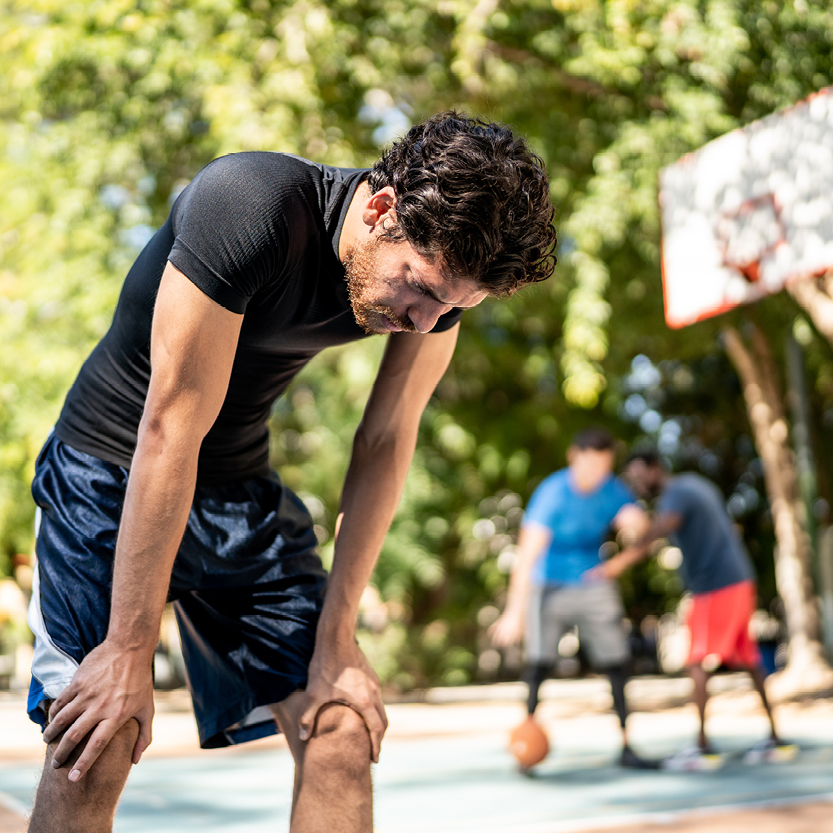What is Heat Exhaustion?
When your body undergoes overexertion in hot weather, it sometimes isn’t able to efficiently cool itself to retain a normal temperature.
Exemplar Care is equipped to administer IV fluids when appropriate, which helps to replenish the liquids and electrolytes (sodium) that your body needs to function.
Did you know that the average body temperature is around 98.6F? However, when you engage in intense physical activity or find yourself in hot and humid weather conditions, your body may struggle to cool down efficiently to maintain a normal temperature. This can be worsened by dehydration, alcohol use, and overdressing.
If you experience heat exhaustion, there are two stages you should be aware of:
Stage 1: Heat Cramps
- Heavy sweating
- Fatigue
- Thirst
- Muscle Cramps
Stage 2: Heavy Exhaustion
- Faintness
- Low Blood Pressure
- Nausea
- Low Fever
- Headache
- Dark Urine
Risk Factors of Heat Exhaustion
In addition to athletes, there are certain risk factors that increase the likelihood of heat exhaustion. Age, medications, and underlying health conditions such as heart or lung disease, diabetes, high blood pressure, and even sunburn can also contribute to this condition
How to Treat Heat Exhaustion
Fortunately, there are some steps you can take to treat heat exhaustion.
- Stop all activity and rest.
- Rest in a cooler location.
- Drink cool, fluids.
- Apply cool water to the skin.
- Rest with your legs elevated above heart level.
If you don’t see improvement, it’s important to seek medical attention. At Exemplar Care, our clinical team can help treat your heat exhaustion and replenish your essential electrolytes with IV fluids.
Heatstroke
Heatstroke is the most severe of the three heat-related syndromes (heat cramps being the mildest and heat exhaustion being the other condition). Heat stroke may follow heat exhaustion if not addressed. Heat stroke develops when the body’s temperature increases above 103F.
If you are with someone who shows signs of heat exhaustion, seek immediate medical attention if they become confused or agitated, lose consciousness, or are unable to drink. Heat stroke is considered a medical emergency.

